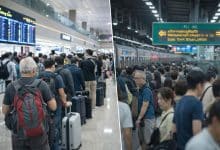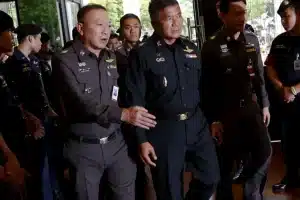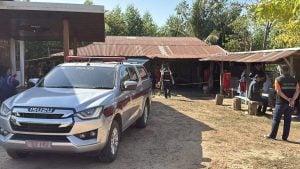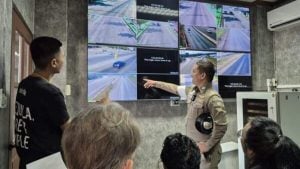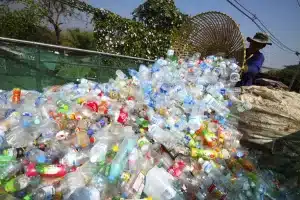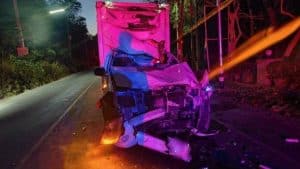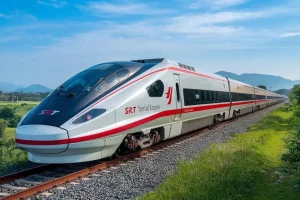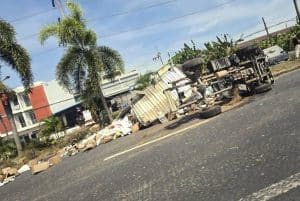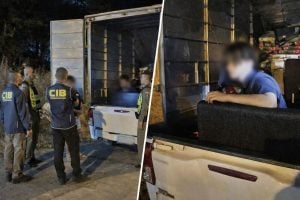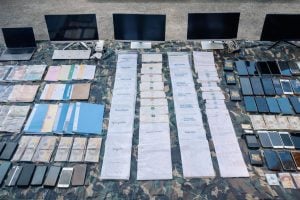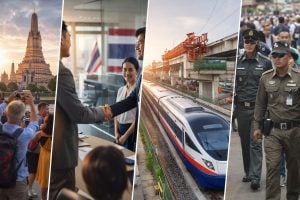Business exodus from China will ensure Southeast Asia will flourish

One of Thailand’s leading business executives believes Southeast Asia will flourish on the back of Chinese President Xi Jinping securing an unprecedented third term as leader of the Chinese Communist Party (CCP).
The reelection of President Xi as CCP leader tightened his grip on the mainland and also ensured an exodus of businesses looking to relocate from China to Southeast Asia on the back of the US-China trade war and the country’s over-zealous Covid-19 lockdowns, according to WHA Group CEO Jareeporn Jarukornsakul.
The 55 year old business chief, who revealed Chinese and Taiwanese companies have made up 63% of her clients over the past three years, told Nikkei Asia that she also reckons Thailand will be a big beneficiary of this mini diaspora.
“I visited Japan two weeks ago and many of the top CEOs said to wait and see what the new policies of Xi Jinping’s third presidency will be. When it was announced, they said that it’s time to relocate. But relocate to where? Many are interested in relocating to Thailand, some will go back to Japan, and some will go to Vietnam. It depends on the sector.”
WHA Group reported a net profit of 946 million baht (US$25 million) in the first half of this year, up 139.5% from 2021. WHA’s industrial holdings can be found in Thailand’s eastern seaboard, a complex in West Java, Indonesia, and a six-phase development in Vietnam’s Nghe An province.
The first phase of the Nghe An park, covering 143.5 hectares, hosts audio electronics producer Goertek and South Korean auto parts maker Kyungshin, a supplier to Hyundai.
WHA began looking for a plot of land in Vietnam in 2016, which turned out to be a key year in geopolitics. It was the year Donald Trump was elected US president. Trump began whipping up Asian hate speech almost as he took office which, on top of the Covid-19 pandemic, kicked off a trade war between China and the US.
“Looking back at the last 20 years, I thought about investment moving from the West to the East because businesses are searching for lower costs, from the US, then Japan and Korea, to Thailand. What’s next? Vietnam.”
Jareeporn does not believe companies looking to relocate from China to Vietnam will be a loss to Thailand, after all, the kingdom secured an electric vehicle (EV) manufacturing plant from Chinese-based BYD Auto, which will be built in WHA’s Rayong industrial estate in a record deal for the company.
It has been reported that BYD’s total investment in Rayong will amount to 17.9 billion baht.
“Many companies like BYD are interested in this region, but they need to look at what fits their business. For EVs, you really need better infrastructure and an ecosystem for automotives.
“Thailand and Vietnam can grow together, there’s no need to compete. Thailand has the infrastructure and high-skilled people, but we lack labourers and the cost of labour is higher than Vietnam’s, so Vietnam can take the low-end technology or food products.”
Jareeporn believes that in the next five years Vietnam and Thailand could be equal as growth drivers for Thailand and the WHA Group.
Latest Thailand News
Follow The Thaiger on Google News:

